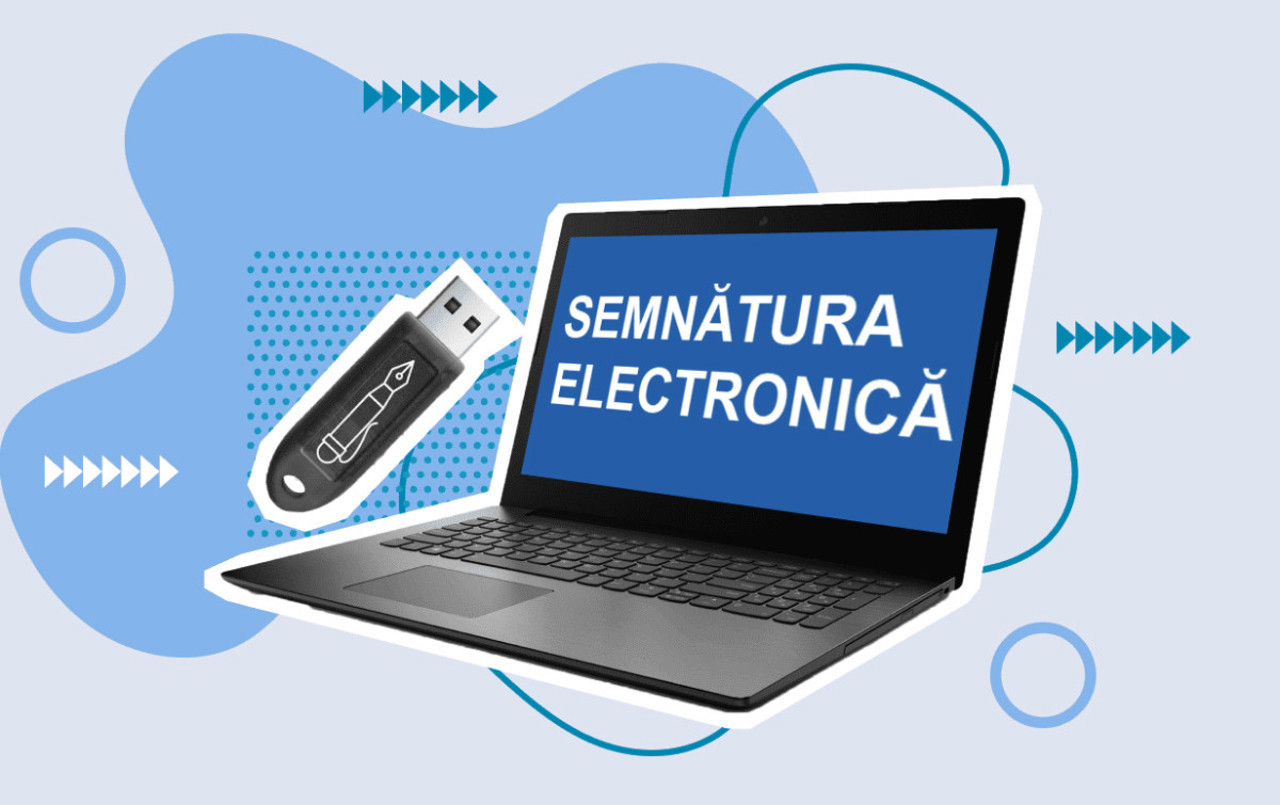Moldova's 2025 electronic ID to revolutionize digital services
The issue of possessing an electronic signature will be resolved with the introduction of the electronic ID card, starting in 2025.

This new ID card will also contain the electronic signature required to sign various documents and access digital services offered by the Public Services Agency (ASP), stated ASP Director Mircea Eșanu on the La 360 de grade (At 360 degree) program on Radio Moldova.
The modernized electronic card will replace the current identification documents in the Republic of Moldova.
"Indeed, we face a significant challenge with the number of people holding an electronic signature," said the director. "The Agency, recognizing this issue, especially as we have an increasing number of digital services, expects to practically double this number next year. We aim for this communication to take place digitally as well. We look to countries like Estonia, where, despite being fully digitalized, around 50% of the population still prefers to interact in person because they want to communicate directly. However, a major obstacle is having an electronic signature."
Mircea Eșanu mentioned that since September, when the digital signature service was launched at ASP, the monthly uptake has doubled, and currently, around 220,000 people hold this signature.
"We are not the issuing authority; our colleagues at STISC (Information Technology and Cybersecurity Service) are the trusted service providers, meaning they issue the digital signature. But we are the interface, and we've encouraged people to come to us for help in obtaining electronic signatures... I hope that in the next two to two and a half years, we will achieve the bold goal of one million citizens holding the electronic signature."
At the same time, the ASP director mentioned that the next services to be digitized will be those related to civil status documents. "Depending on how the new civil status law is promoted, I expect that by March or April, we will have nearly all civil status services digitized. This means that even those in the diaspora will be able to access these services more easily. It also means that consular offices will be able to provide these services more efficiently, without the need to send physical documents from countries like Spain or Germany. We will be able to do everything remotely or even have them issue the documents, as we have an automated process in place."
According to him, a new public service for renewing driver's licenses will be launched in a few weeks. Those who have lost or damaged their driver's licenses can contact the ASP, which will be able to restore the document. "If there is a more recent photo from when you had your ID card or passport issued (within the last 5 years), we can fully issue the document remotely and send it to you, even abroad," the ASP director explained.
Since September 16, qualified electronic signatures have been issued at all ASP multifunctional centers. This service is only available to individuals.
With a qualified electronic signature, citizens can sign electronic documents, which hold the same legal value as a handwritten signature. Additionally, the qualified electronic signature allows access to useful information remotely via the Citizen’s Personal Cabinet (mcabinet.gov.md) and to various digital services on the Public Services Portal (servicii.gov.md).
Translation by Iurie Tataru






